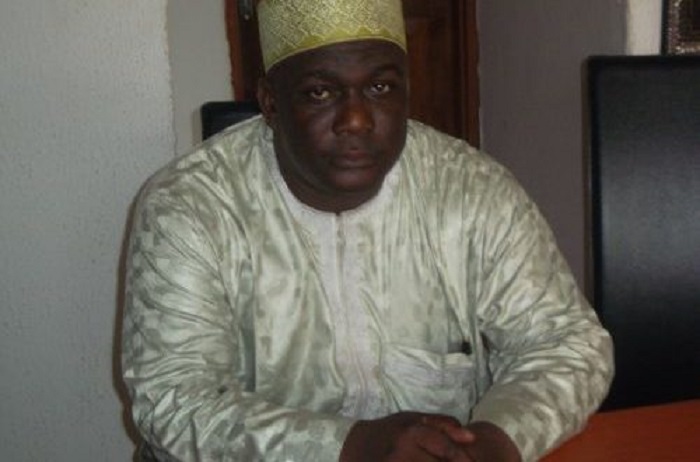President of the Judiciary Staff Union of Nigeria, Comrade Marwan Mustapha, says they’re working assiduously to ensure that their funds come directly from the Federal Government as state governors are constituting a stumbling block to attaining judicial financial autonomy. He also spoke of how he returned N14 million that Delta State sent to JUSUN account as the money did not belong to the union.
Your union has been in the forefront in the agitation for reform in, and autonomy for the judiciary. In the process you had to tackle some state governors, can you tell us what the situation is now?
A number of measures have been taken and the one that has been in the forefront is already public knowledge. We have been fighting for more than eight years in court; judgment has been passed but no governor is complying with it. Not a single governor is complying with the provision of Section 121.3; nobody is complying with Section 81.3, 81.9, and nobody is complying with Section 162.9.
Our major obstacles are the governors; they are frustrating all efforts. I keep asking myself wherever I go if there is a provision in the constitution that spells out the mandate clearly. We went to the extent of interpretation. Previously people thought that all a union is about is to go on strike. So we even put that aside, and in a more civilized way, went to court. Judgment has been passed in favour of the judiciary. No single governor has appealed the judgement yet not a single governor is complying with that provision of the constitution and the court judgment.
Recently, President Muhammadu Buhari, after the alteration of the 1999 Constitution, Section 121.3, in particular the inclusion of state Houses of Assembly to have financial autonomy, many people gave it a different meanings, but for us in the judiciary, that alteration of the constitution does not change anything in terms of financial autonomy, it is the same provision of the constitution but the only addition is the inclusion of state assembly to get financial autonomy.
Today, more than 2/3 or almost 80% of states’ courts are in a sorry state with the exception of three states. If you go to the judiciary headquarters of most of the states you won’t like it. Some lower courts are in rented shops and houses, so dilapidated, you can’t imagine the place is a court.
How can you get justice where a court that will preside over a case is the house of someone? Unless we are mocking ourselves. These are some of the issues over which we have been fighting for financial autonomy.
The bulk of the cases daily that have to do with the common man are in the Customary courts, Magistrate courts and Sharia courts. In a day, a magistrate court can entertain 25 cases. In a day a customary court judge can entertain 10 to 12. A Sharia court judge can entertain 13 to 14 cases. While mostly in High courts and the other big courts they entertain 2 or 3 and the rest are adjournments.
You surprised Nigerians, with return of the N14 million that was deposited in JUSUN account. Can you tell us more about it?
I was in Kano attending the National Executive Council (NEC) meeting of Nigeria Labour Congress (NLC) on 21st August, 2019 when I saw an alert of N14 million. I kept mute because I knew something was wrong. I left the Kano meeting abruptly, I came back to Abuja to find out what was going on and realized that the money was from Delta State. Before I arrived, the accounts department had tried to find out from Delta State government about the money.
The amount due for JUSUN from Delta State was N1.4 million, that was the practice which is also one of the highest. That was the money meant for us.
If you give me N14 million I should be able to find out what it is meant for. So I decided to contact my bank to subtract the amount which is meant for us which is N1.4m and raise a cheque, draft a covering letter, state the narrations, sign and bring the letter to me. They did that and we quickly took off to Delta.
I called the permanent secretary who happens to be a friend of mine in the Secretary to the State Government’s office. We met with the SSG and he found it surprising. We submitted the cheques and they appreciated it.
In essence what we tried to do was show morality; the reputation is more important than the money.

 Join Daily Trust WhatsApp Community For Quick Access To News and Happenings Around You.
Join Daily Trust WhatsApp Community For Quick Access To News and Happenings Around You.


